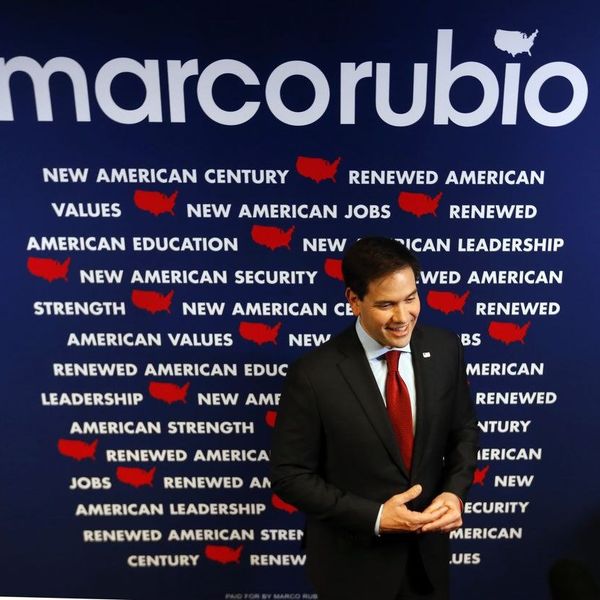With Donald Trump's commanding win in the Indiana Republican primary and the subsequent drop outs of Ted Cruz and John Kasich, this general election will almost certainly pit Trump and Hillary Clinton against each other. The next six months, as the two presumptive candidates gear up and launch into general campaigning, has the possibility to be incredibly unorthodox, without any reference to look to in recent memory. An incredibly experienced, “establishment” politician with a last name that was already in office will do battle with a firmly “anti-establishment” businessman, willing to eschew political convention, modesty, or anything approaching tolerance. However, the last year of primary campaigning has featured many “anti-establishment” candidates, with Trump, Cruz, and Sanders ultimately proving the most popular. Yet despite the unifying moniker for their philosophies, they each represent a distinct part of the political landscape, and their definitions of the “establishment” are often contradictory.
Any good American learns at a young age to hate the “establishment.” It's imbued into our history textbooks, full of proud revolts and protests, while the wild frontiersman is a national icon, and hatred for taxes a national pastime. But what exactly that “establishment” is varies drastically based on the person asked, and Trump, Cruz, and Sanders all seem to have been pointing at each other as the problem. While both Cruz and Sanders have extensive political experience, both serving in various federal, state, and local roles over the past decades, they have taken issue with established and mainstream politics, each with their own vision of reform. While Cruz stands, now as a martyr, for the religious ultra-conservative cause, Sanders represents a specific brand of liberal values rarely seen in mainstream politics. Despite both supposedly drawing their support from the same dissatisfaction with the “establishment” and current politics, both Sanders and Cruz have been far surpassed in groundswell, divisiveness, and now the apparent candidacy of Donald Trump.
The “anti-establishment” supporters, at least of the GOP, have chosen their savior, and he seems to stand less for a reform of the establishment than an insult towards it. While Trump represents the very corporate interest, big-money establishment Sanders fights against, Trump's popularity derives from the very fact he is such an outsider, and a brash and bellicose one at that. Maybe being “someone...who mirrors and inflames our anger and frustration”, but also someone who has gained a large following within a discontented group. Ultimately, Donald Trump is going to pose a severe challenge to Hillary Clinton, the two presumptive candidates opposites on both many policies, as well as their political backgrounds. Trump represents not a fixed Republican platform, but a general rallying cry to “Make America Great Again,” whatever that entails in his eyes. While certainly no unifying figure for the Republican party, that also means his platform doesn't conform to conservative pillars, leaving Clinton without an established playbook.
The Indiana primary seems to mark the practical beginning of a general election that has all the markers of a drag-out brawl. Clinton and Trump will take the stage as total opposites, building off of the rise of high-profile, “anti-establishment” candidates, whose policies and mere popularity have created a unique political landscape. Whether Trump can actually unite what is shaping into a fragmented Republican base, or if Clinton can succeed in winning back Sanders supporters, and innumerable other questions will reach a climatic conclusion one way or another in the next six months. Whatever the “establishment” is, it will undoubtedly emerge changed from this current presidential election.





















